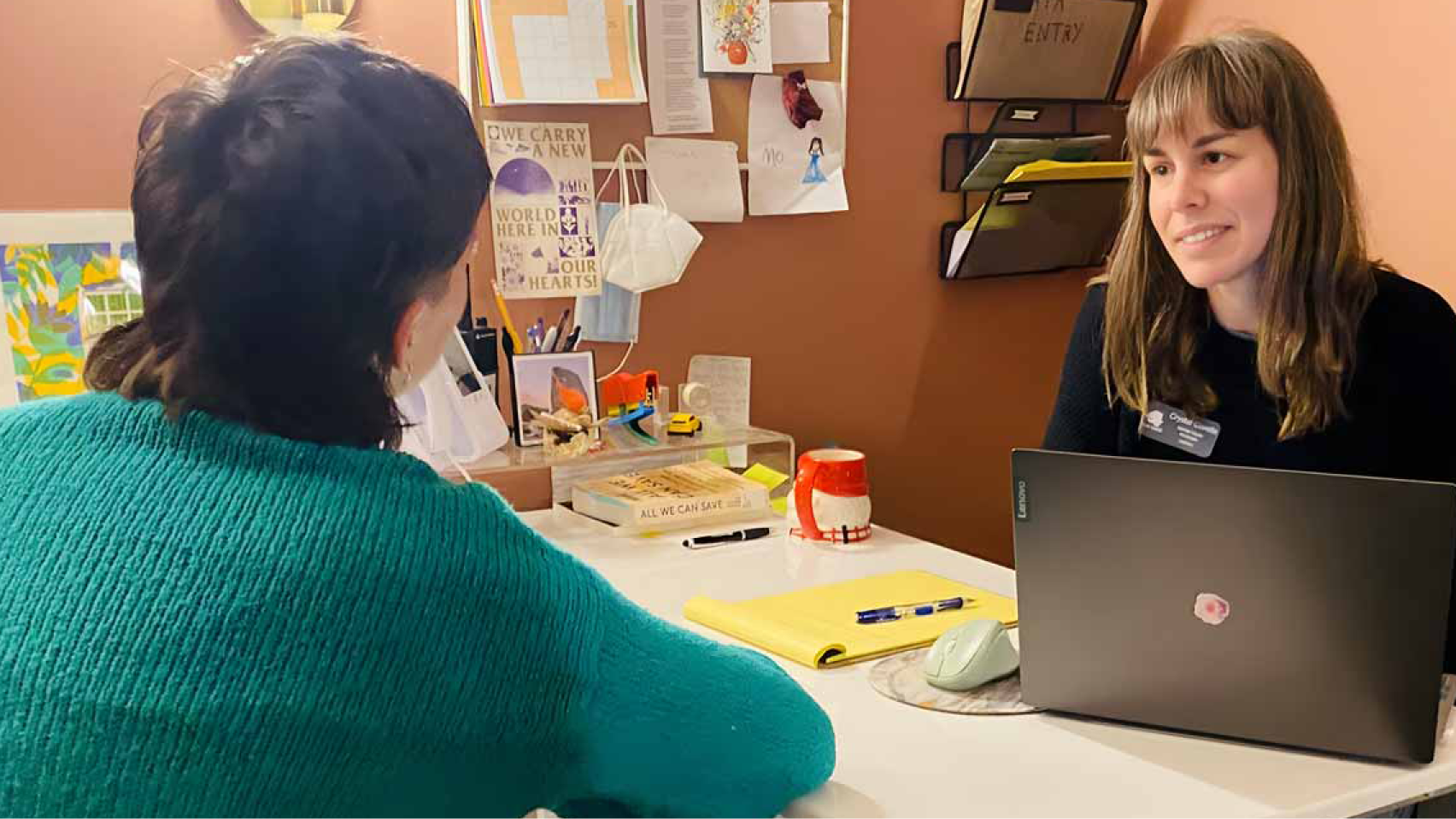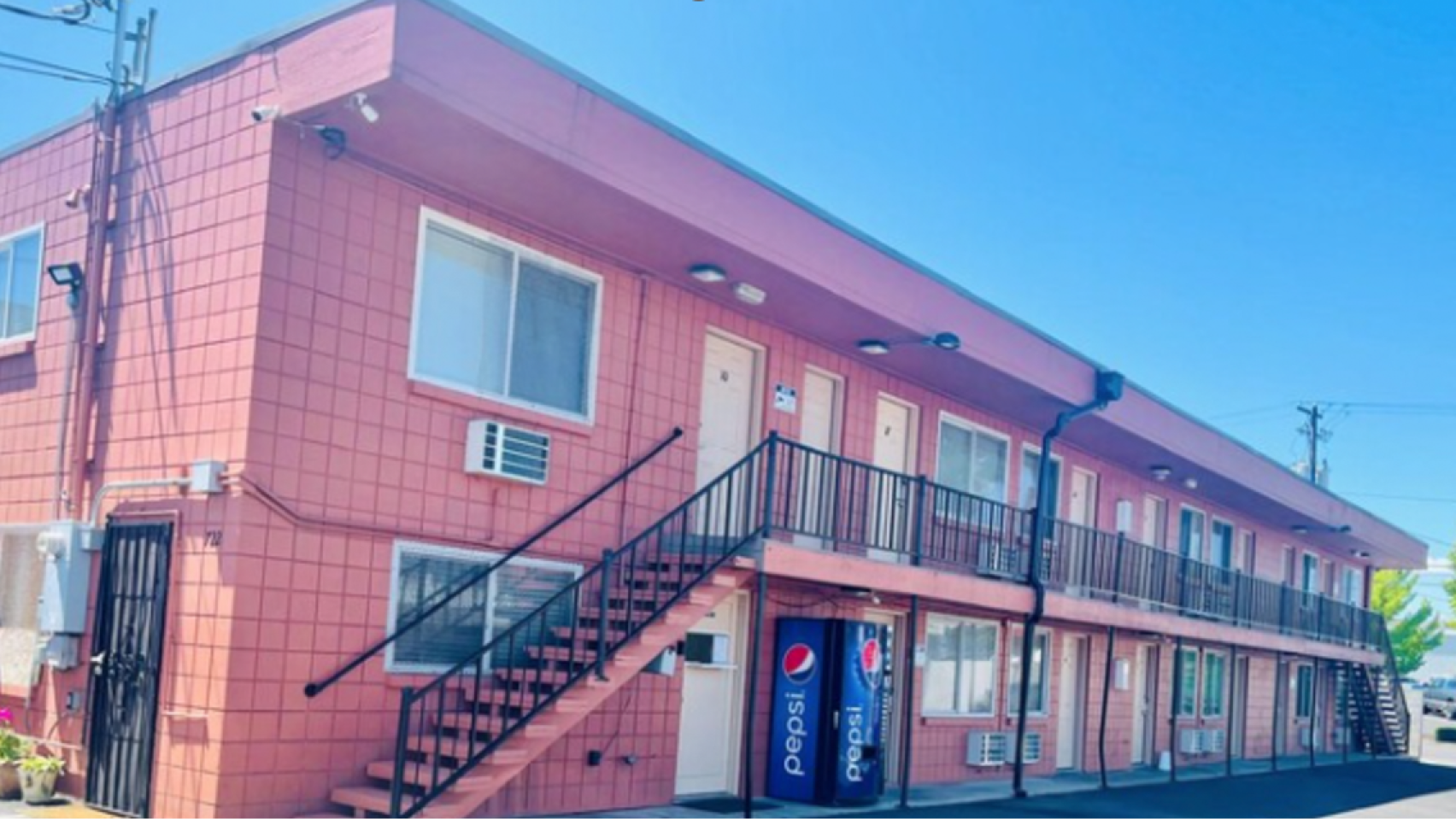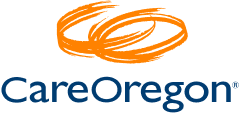For three decades, CareOregon has been committed to ensuring Oregon communities have access to equitable and high-quality health care that meets the needs of our diverse members—and that means starting with the people who provide it.
A growing shortage of health care professionals—and a lack of culturally and linguistically specific care providers—creates significant barriers to care for many.
To tackle these barriers, CareOregon has invested more than $5.5 million in workforce development initiatives, focusing on education, training and career pathways. These efforts aim to build a workforce equipped to provide effective, inclusive care that improves health outcomes and strengthens Oregon’s health care system.
“Investing in workforce development not only creates more opportunities for individuals to enter the health care field but also ensures our health care systems reflect the communities they serve,” said Alison Arella, Vice President of Community Impact at CareOregon.
Investing in culturally specific care
The lack of culturally and linguistically specific providers creates real barriers for members. To address this, CareOregon has prioritized investments in numerous organizations that train Traditional Health Workers (THWs) and Community Health Workers (CHWs). They deliver care tailored to members' cultural backgrounds, languages and other unique needs.
One key initiative is a $500,000 investment in Familias en Acción’s Traditional Health Worker Certification Program.
Traditional Health Workers play a crucial role, especially in social health, by bridging the gap between the community and the health system.
THWs provide person-centered care and often come from the communities they serve—they speak the language, interact in the culture and encourage people to advocate for their own care. As a result, they can reach individuals and families that have been historically underserved and face difficulty accessing and navigating the health care system.
This program is one of the few in-person, Spanish-language certification trainings in the state, designed specifically for the Latine community. In the last year, Familias en Acción successfully trained two cohorts.
CareOregon’s funding supports participation in the program for those who might not otherwise be able to afford it. It also supports staffing, scholarship assistance and program delivery.
“Familias en Acción’s Workforce Development program advances equitable opportunities for program participants by creating more access to state-level certification for Latine Community Health Workers,” said Jaeme Miranda, Director of Programs at Familias en Acción,
“This in turn creates workforce economic stability and drives the social change needed to influence the health and wellness of Latine populations in our state. By expanding and diversifying Oregon’s health care workforce, CareOregon’s partnership with Familias en Acción is directly addressing systemic barriers while promoting both health equity and economic mobility for Latine workers.”
Supporting workforce development in rural Oregon
Rural communities often face significant health care workforce shortages, with lower provider-to-population ratios, which affects access to quality care. CareOregon has directed substantial funding to meet this urgent need and expand opportunities for health care professionals in Southern Oregon.
- Ashland Community Health Foundation: A $1 million investment supports scholarships and new faculty positions to grow the behavioral health and nursing workforce in Southern Oregon. This initiative addresses critical provider shortages and creates pathways for residents to enter high-demand fields.
- FolkTime: A $200,000 investment enables the development of a Community Health Worker certification program tailored for rural communities. This hybrid program combines online, self-paced study with in-person training, reducing barriers such as travel and accommodation costs. By making training more accessible in local regions, FolkTime is creating equitable opportunities for residents to join the health care workforce in rural communities.
- La Clinica in the Rogue Valley: A $250,000 investment supports team-based care transformation. This approach helps clinics redesign their workflow to streamline services, better integrate staff roles, and improve patient outcomes—creating a stronger foundation for health care delivery in rural communities.
Building a healthier, more equitable future
Through partnerships and investments, CareOregon is not only addressing immediate workforce shortages but also creating lasting solutions that promote health equity and economic opportunity.
“As we continue to invest in workforce development, we’re focused on the long-term impact these efforts will have,” Arella said. “By collaborating with our partners, we’re not only addressing workforce shortages, we’re building a healthier, more equitable future for all Oregonians.”









